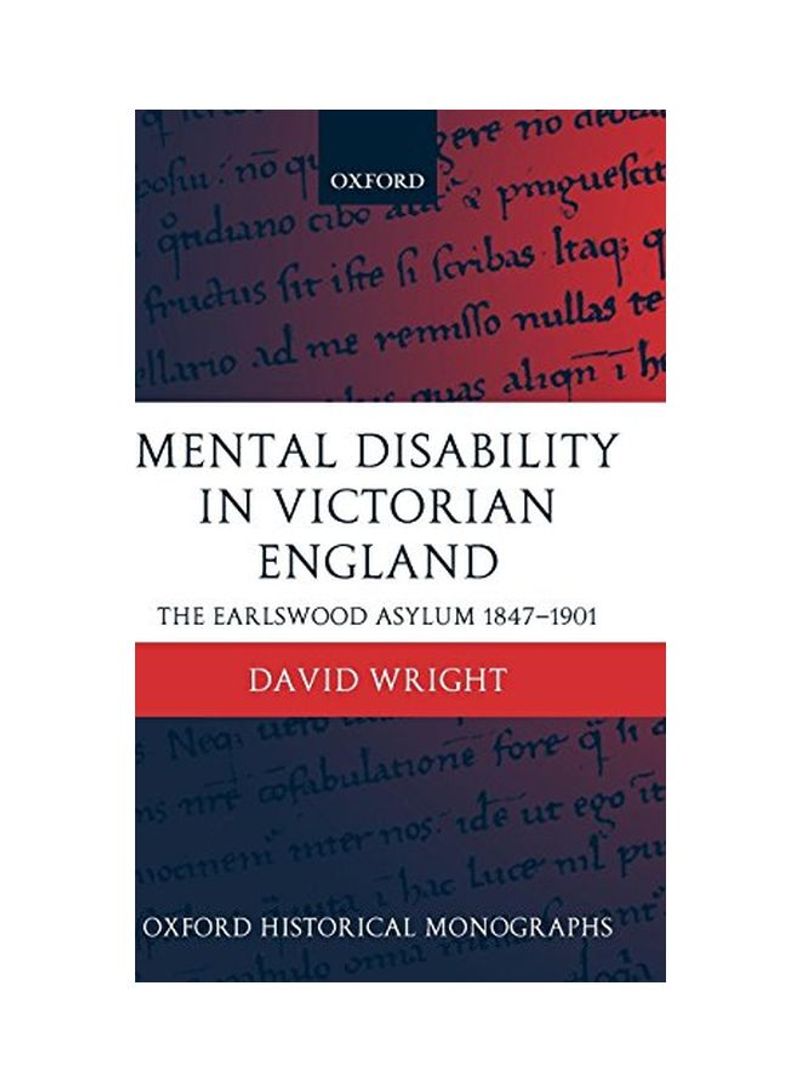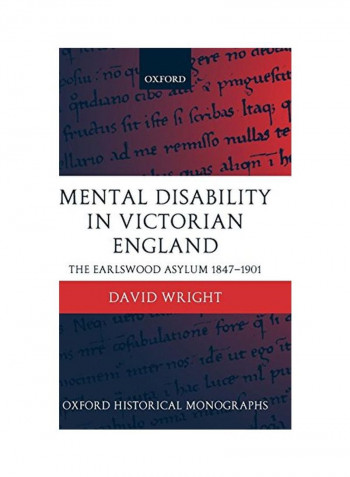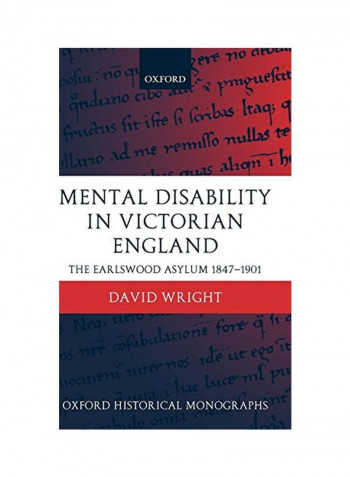Mental Disability In Victorian England: The Earlswood Asylum 1847-1901 Hardcover
Recommend
Sort by
Rating
Date
Specifications
Author 1
David Wright
Book Description
This book contributes to the growing scholarly interest in the history of disability by investigating the emergence of 'idiot' asylums in Victorian England. Using the National Asylum for Idiots, Earlswood, as a case-study, it investigates the social history of institutionalization, privileging the relationship between the medical institution and the society whence its patients came. By concentrating on the importance of patient-centred admission documents, andutilizing the benefits of nominal record linkage to other, non-medical sources, David Wright extends research on the confinement of the 'insane' to the networks of care and control that operated outside the walls of the asylum. He contends that institutional confinement of mentally disabled and mentallyill individuals in the nineteenth century cannot be understood independently of a detailed analysis of familial and community patterns of care. In this book, the family plays a significant role in the history of the asylum, initiating the identification of mental disability, participating in the certification process, mediating medical treatment, and facilitating discharge back into the community. By exploring the patterns of confinement to the Earlswood Asylum, Professor Wright reveals thediversity of the 'insane' population in Victorian England and the complexities of institutional committal in the nineteenth century. Moreover, by investigating the evolution of the Earlswood Asylum, it examines the history of the institution where John Langdon Down made his now famous identificationof 'Mongolism', later renamed Down's Syndrome. He thus places the formulation of this archetype of mental disability within its historical, cultural, and scientific contexts.
ISBN-13
9780199246397
Language
English
Publisher
Oxford University Press, USA
Publication Date
06 Dec 2001
Number of Pages
256
Editorial Review
Exemplary study ... this is a wonderfully detailed study. One of its virtues is that it shows how tenuous disciplinary lines can be. To try to classify this work as institutional history, history of medicine, social history etc. would be to do a disservice to a volume that covers all these areas. * English Historical Review * This important monograph provides a comprehensive summary of his contribution to this expanding historiography and gives a useful critique of current thinking on mental illness and mental disability issues. Wright seamlessly develops this narrative around the history of a unique institution in its Victorian heyday ... thoughtful and comprehensive study. * Medical History * This is an important and timely book. It brings to prominence an under-researched and neglected area of social life - the history of learning disability. * Local Population Studies * This is a detailed and scholarly work, meticulous both in its attention to detail, and in its mastery of the wider context ... also very engaging and highly readable. Wright succeeds in helping bring the history of learning disability from the periphery into the mainstream. This is no mean feat. * Local Population Studies * The book is an invaluable resource for historians, students and practitioners in the field of learning disability and deserves to be widely read. It is that rare phenomenon; a scholarly book that is also both readable and useful. * Local Population Studies *



